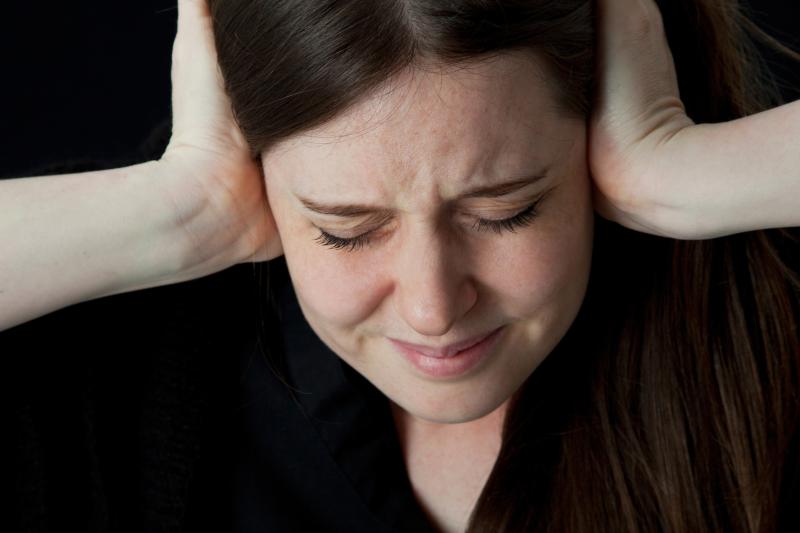
Hours and hours of exposure to social media and consulting multiple traditional media sources appear to contribute to mental distress in the midst of the COVID-19 pandemic, as shown in a study from the US.
The study included 6,329 adults (mean age, 48.8 years; 51 percent female) surveyed about the average time spent on social media in a day and the number of traditional media sources (radio, TV, and newspaper) consulted to learn about COVID-19. They also completed a 4-item Patient Health Questionnaire (PHQ-4; range, 1–12, with higher scores suggesting greater mental distress).
The mean time spent on social media daily was 55.8 minutes, while the mean number of traditional media sources consulted was 2.50 sources. The mean PHQ-4 score was 1.92. The majority of the participants reported having and using a Facebook account (68.1 percent); others were on Instagram (32.7 percent) and/or Twitter (19.4 percent). With respect to traditional media sources, most participants consulted national news sources (69.3 percent), public TV and radio (55.0 percent), and local newspapers (31.5 percent).
The mean perceived chance of catching coronavirus infection in the next 3 months was 21.27 percent, while the mean perceived chance of going broke due to the pandemic in the next 3 months was 15.80 percent.
On multiple linear regression analysis, more hours spent on social media and consulting a greater number of traditional media sources to learn about COVID-19 were associated with increased mental distress (social media: β, 0.14, 95 percent confidence interval [CI], 0.05–0.23; traditional media: β, 0.14, 95 percent CI, 0.08–0.20).
In light of the findings, the researchers recommended that individuals give priority to media outlets that report information from public health authorities, such as the World Health Organization and Centers for Disease Control and Prevention, as well as participate in activities that provide social support to alleviate the impact of the pandemic on mental health.